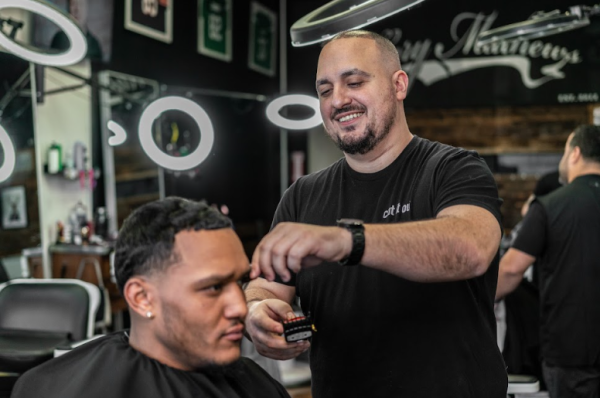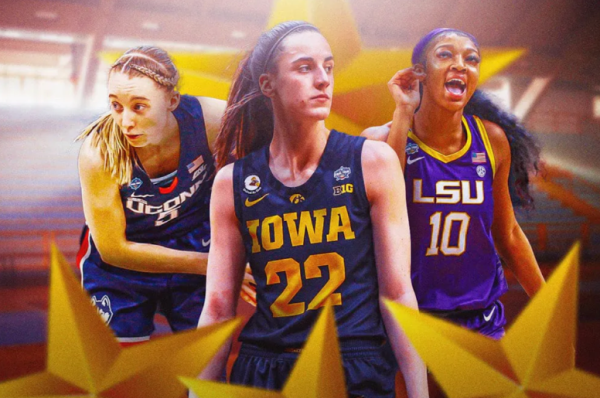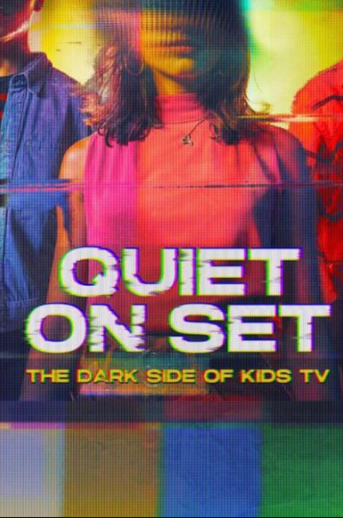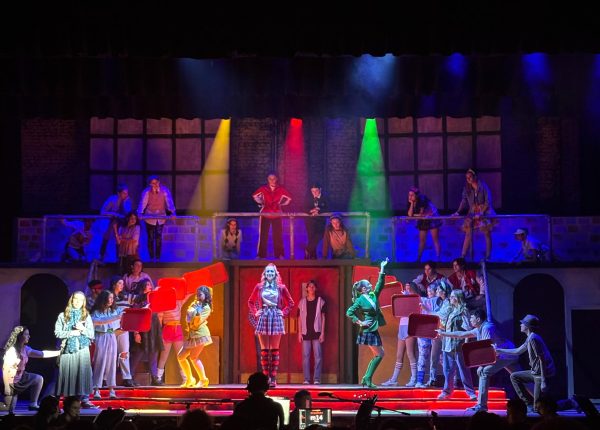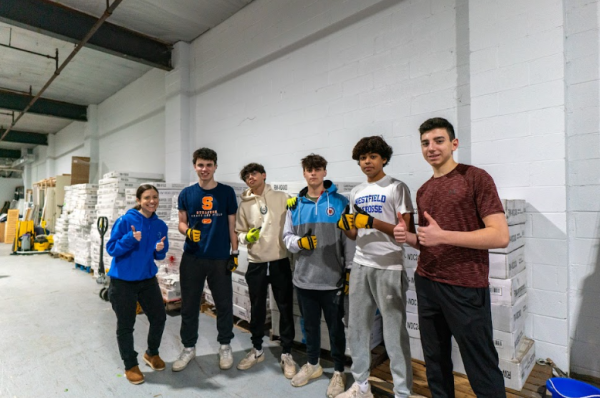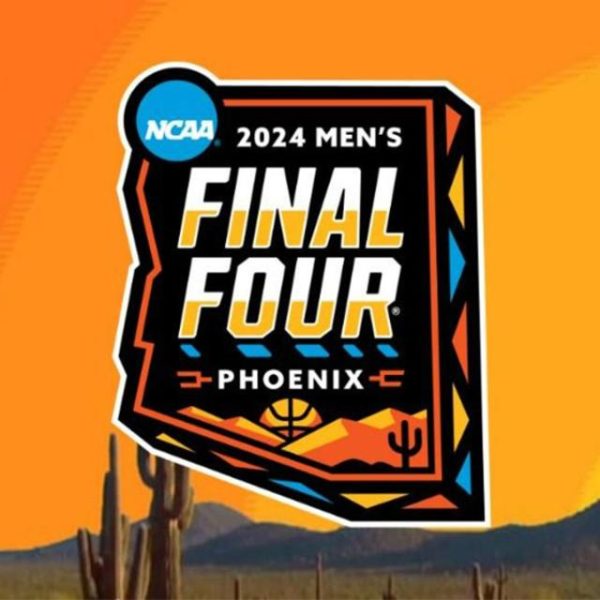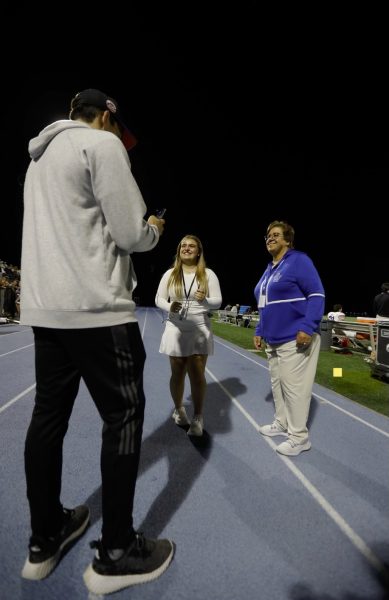Gen-Z: How America’s mass shootings impact its youth
A majority of my generation is scared and we have a right to be.
On Sept. 29 there was a shooting scare at the Global Citizen Festival in Central Park, NY. The festival drew a large crowd, a majority of whom can be categorized as Generation-Z (those born from 1997 to the present, according to pewresearch.org). WHS students made up part of this crowd.
When bottle caps were popped off of plastic bottles, creating loud noises, mass panic ensued. People at the festival and within the park fled, fearing that a shooting had started.
Thus the question arises: why did some loud noises convince 60,000 people that there was a shooting?
To many people my age the answer is obvious. When in public places, a majority of us are afraid a shooting will take place, therefore, it only takes a few loud noises to make our fears a reality. In fact, a survey done by Hi’s Eye shows that nearly 69 percent of students at WHS have felt anxious about the possibility of a shooting in a public place.
So why is this the case? Let’s backtrack. The first major school shooting was at Columbine High School in 1999, which resulted in 15 fatalities and 21 injuries. It was then that American society began to shift.
During our lifetime, major shootings have occurred at Sandy Hook Elementary School, The Dark Knight Rises movie premiere in Colorado, Virginia Tech University, the First Baptist Church in Sutherland Springs, Pulse Nightclub in Orlando, The Harvest Music Festival in Las Vegas, Marjory Stoneman Douglas High School in Parkland and more. Of the 11 deadliest shootings in American history, seven of them have happened during the lifetime of Gen-Z (CNN).
These events have not occurred without consequences for those who grew up during this time. When you grow up hearing about mass shootings at festivals, churches, and even schools, where can you feel safe?
“At Global, I truly thought my life was going to end. I had never been in a situation like that, so dropping to the ground and holding my friends made me feel like something horrible was actually happening.”
— Amy Forbes ‘19
“I feel scared at movie theaters,” said senior Savannah Stewart. “I don’t go to the movies anymore. Honestly it’s just too stressful. I really don’t like being in a dark room full of strangers with a few exits.”
Because of social media, the development of technology has played an impactful role in how Gen-Z (often referred to as iGen) learns about these shootings.
“Through social media I hear people’s personal stories,” said junior Maddie Katz. “We grew up with this rapid spread of information. It really makes a difference because somebody from here could contact somebody from the [Parkland shooting] and have a personal conversation with them.”
Hearing about these shootings so often and in such detail, it’s not surprising that 56 percent of WHS students have believed they were about to be in extreme danger at a public event. Nor should it be a surprise that with the fear of being in a shooting already in the back of their minds, a crowd of teenagers reacted the way they did on the 29th in NYC.
“It’s insane to think that so much damage has been done, yet nothing has been done to prevent more from happening.”
— Anonymous
“Two of the worst shootings in American history have happened over the past two and a half years,” said senior Mark Johnson, who was at Global Citizen this year. “Anytime you’re in a public space, even if you’re not worried about it, your mind will go to those events. And it’s not because we’re paranoid, antsy teenagers, it’s because we’re people in America who have grown up seeing this repeated on the news and we think that it’s something that you have to always consider.”
Dr. Jen Katz, Maddie Katz’s mother, commented on the generational divide surrounding this issue:
“I would think that [my generation doesn’t have this concern] because nobody that I know has changed the way that they live their lives based on this [fear]. Maddie says that she thinks about it every time she goes to the movies. That doesn’t cross my mind.”
Across the board, however, it seems as if the nation has started to accept shootings as our reality.
“Think about the reaction to the Columbine shooting back in the 90’s,” said Johnson. “People were up in arms for months. [Now] people see a shooting in the news and are like ‘Oh no, another one? That sucks’ and then they go about their lives. It becomes commonplace, and it shouldn’t. Something like that should never be commonplace, especially in a country where we’re alloted so many freedoms. Yet, we don’t have the freedom to be safe.”
What happened at Global Citizen was not random or shocking; it was a repercussion of the society we live in. A majority of American youth are scared of mass shootings due to exposure to them and the lack of action taken to prevent them. This is not an issue we can ignore any longer.
“It was just a roller coaster of emotions. The experience is labeled by most newscasts and the heads of Global Citizen as a quick mishap, but if only they knew how long this experience is going to affect me for years to come.”
— Kendall Robertson ‘19
We must reflect so that this nation does not raise another generation of children afraid of movie theaters, concerts and schools. Having fun should not have to be an act of rebellion against one’s fears.
The next questions we should be asking are how did we get here, and how do we move forward?






